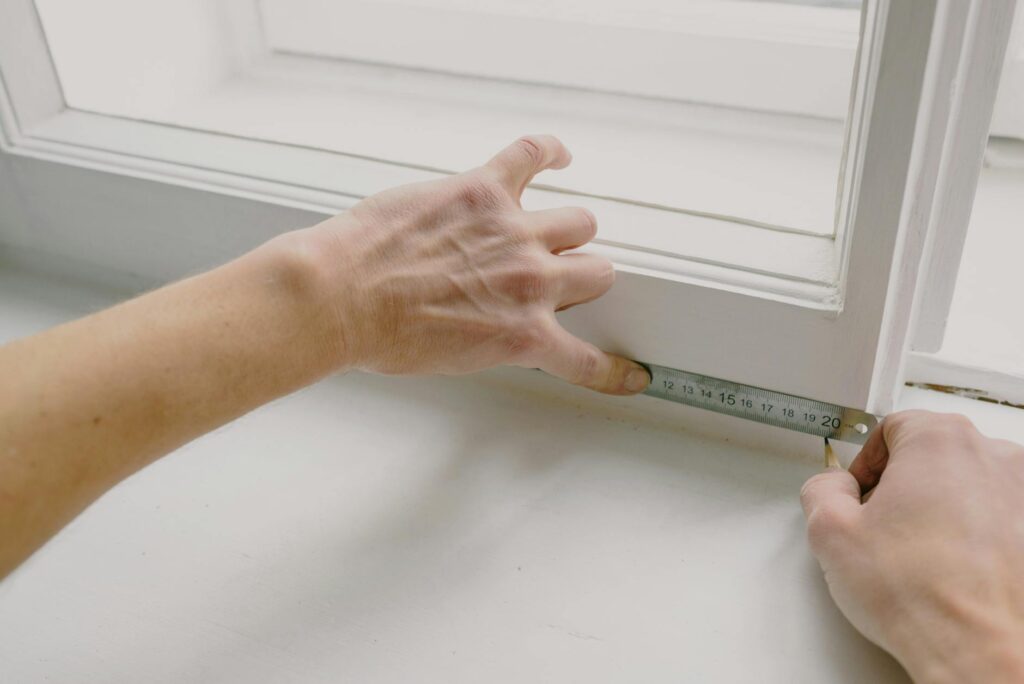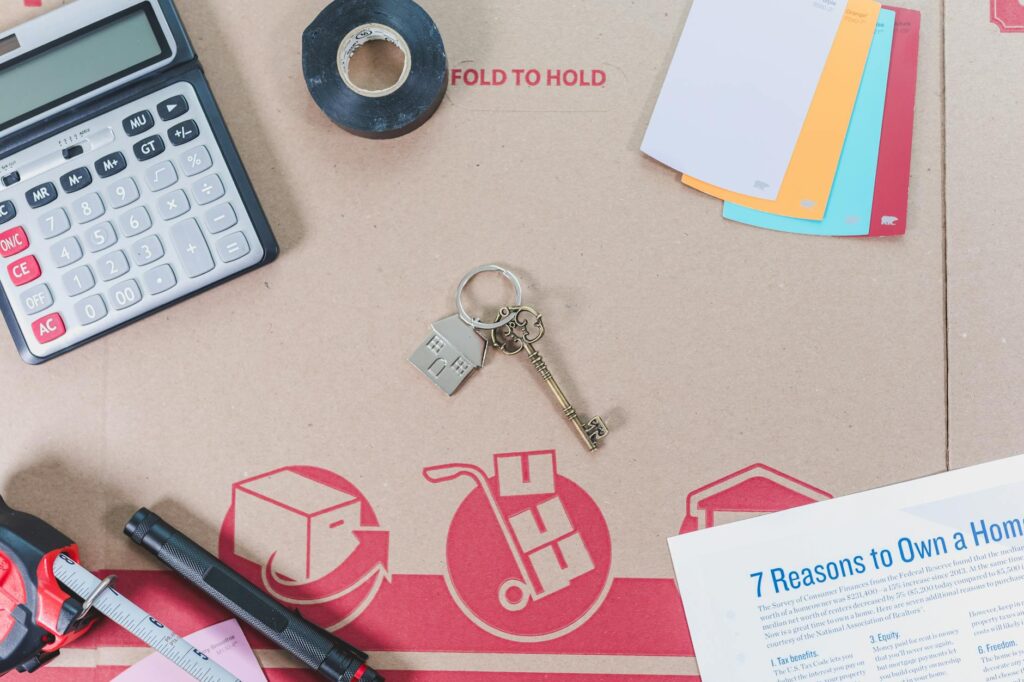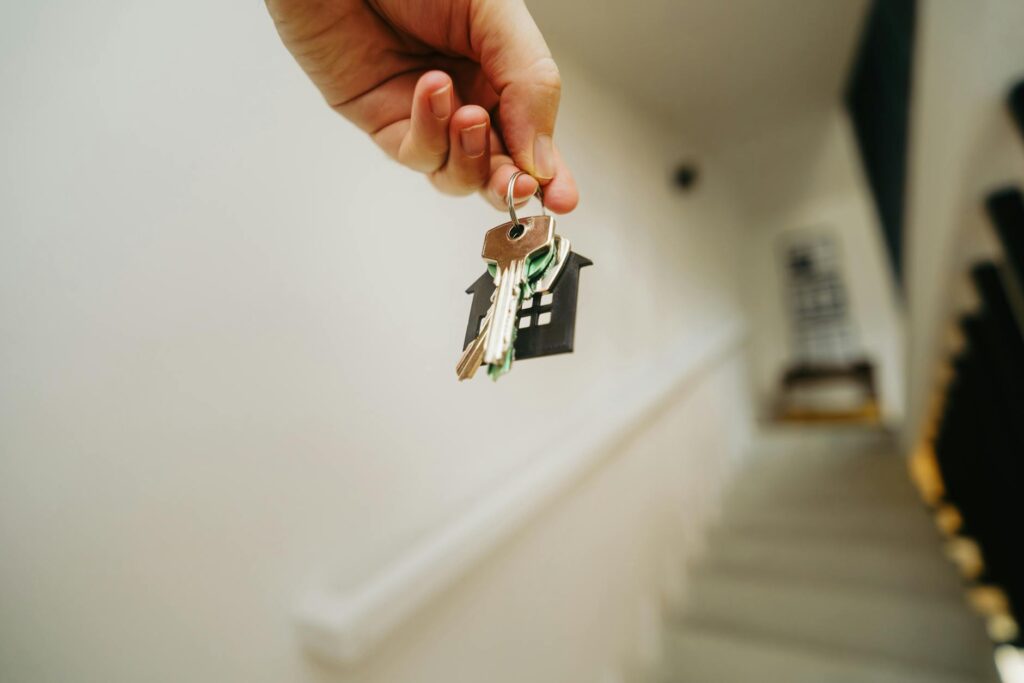Thinking about building your dream home using your VA loan benefits? It’s definitely possible, but understanding the process is key. This comprehensive guide will walk you through everything you need to know about using a VA loan for new construction.
Understanding the VA Loan Program
The VA loan program, offered by the Department of Veterans Affairs, is designed to help eligible veterans, active-duty service members, and their surviving spouses purchase homes with favorable terms, often without requiring a down payment. Learn more about VA loan eligibility here.
New Construction and VA Loans: A Perfect Match?
Yes, you can absolutely use your VA loan to build a new home. It’s a great option for those who want to customize their living space and choose exactly what they want in a home. However, there are some additional steps and considerations involved compared to buying an existing home.
Finding the Right Builder
Choosing a reputable and experienced builder is paramount. Look for builders with a proven track record of successful VA loan projects. Check out our tips on finding the right builder.
The Appraisal Process
The appraisal process for new construction is slightly different from existing homes. The appraiser will assess the value of the home based on the plans and the progress of construction at various stages. This is critical to ensure the value aligns with the loan amount. 
Certificate of Reasonable Value (CRV)
The CRV is the key document you’ll need for your VA loan for new construction. It’s an appraisal that determines the fair market value of your new home. Understanding the CRV process is crucial. Read more about the CRV here.
Construction Draw Schedule
Instead of a lump sum, you’ll typically receive funds in stages (draws) as the construction progresses. Your lender will establish a draw schedule outlining the payments made at specific completion milestones. 
Working with Your Lender
Open communication with your lender is essential throughout the entire building process. Keep them updated on the construction progress and any potential issues.
Interest Rates and Loan Terms
VA loan interest rates are competitive, and you might be able to negotiate terms that fit your budget. Compare current VA loan rates here.
Down Payment Requirements
While VA loans often don’t require a down payment, it might be required in certain new construction scenarios. Consult with your lender for specifics.
Closing Costs
Be prepared for closing costs, which are standard for any home purchase, including new construction. These can include appraisal fees, title insurance, and more.
Homeowners Insurance
Before closing, you’ll need to secure homeowners insurance. This protects your new home from unforeseen damage or loss. 
Understanding Your Contract
Carefully review all contracts with your builder and lender. Ensure you understand all terms and conditions before signing.
Inspection Process
Regular inspections are crucial during the construction process. These ensure the house is built to code and meets agreed-upon standards.
Potential Delays and Contingency Planning
Construction projects can sometimes face unexpected delays. Having a contingency plan for unforeseen circumstances is vital.
Budgeting and Financial Planning
Accurate budgeting is crucial. Factor in all expenses, including potential cost overruns, to avoid financial difficulties. Get our expert budgeting tips.
Additional Fees and Costs
Be aware of potential additional fees beyond the initial construction costs. Research common added expenses to prepare yourself. 
Working with a Real Estate Agent
A real estate agent experienced in new construction can be an invaluable asset throughout the process. Here’s how to find a reliable agent.
Conclusion
Using a VA loan for new construction can be a rewarding experience. With careful planning, communication, and the right professionals on your side, you can successfully build your dream home. Remember to thoroughly research, ask questions, and stay informed throughout the process.
Frequently Asked Questions
What are the advantages of using a VA loan for new construction? You often don’t need a down payment, and you can customize your home.
Can I use a VA loan to build on any lot? No, certain restrictions may apply depending on the location and the lot itself.
What happens if the appraisal comes in lower than the construction cost? You may need to make up the difference or renegotiate with your builder or lender. This is why it’s vital to have a realistic budget.
How long does the entire process typically take? The timeline can vary greatly depending on the complexity of the build and other factors. It could range from several months to over a year.
What if the builder goes bankrupt during construction? This is a serious concern. Having a strong contract with the builder and possibly builder’s insurance can help protect you in such a situation. Consult with a legal professional for specific advice.
![VA Home Loans 101: Your Ultimate Guide For [Current Year]](https://www.yourfinancerates.com/wp-content/uploads/2025/06/pexels-photo-3768140-1024x682.jpeg)


